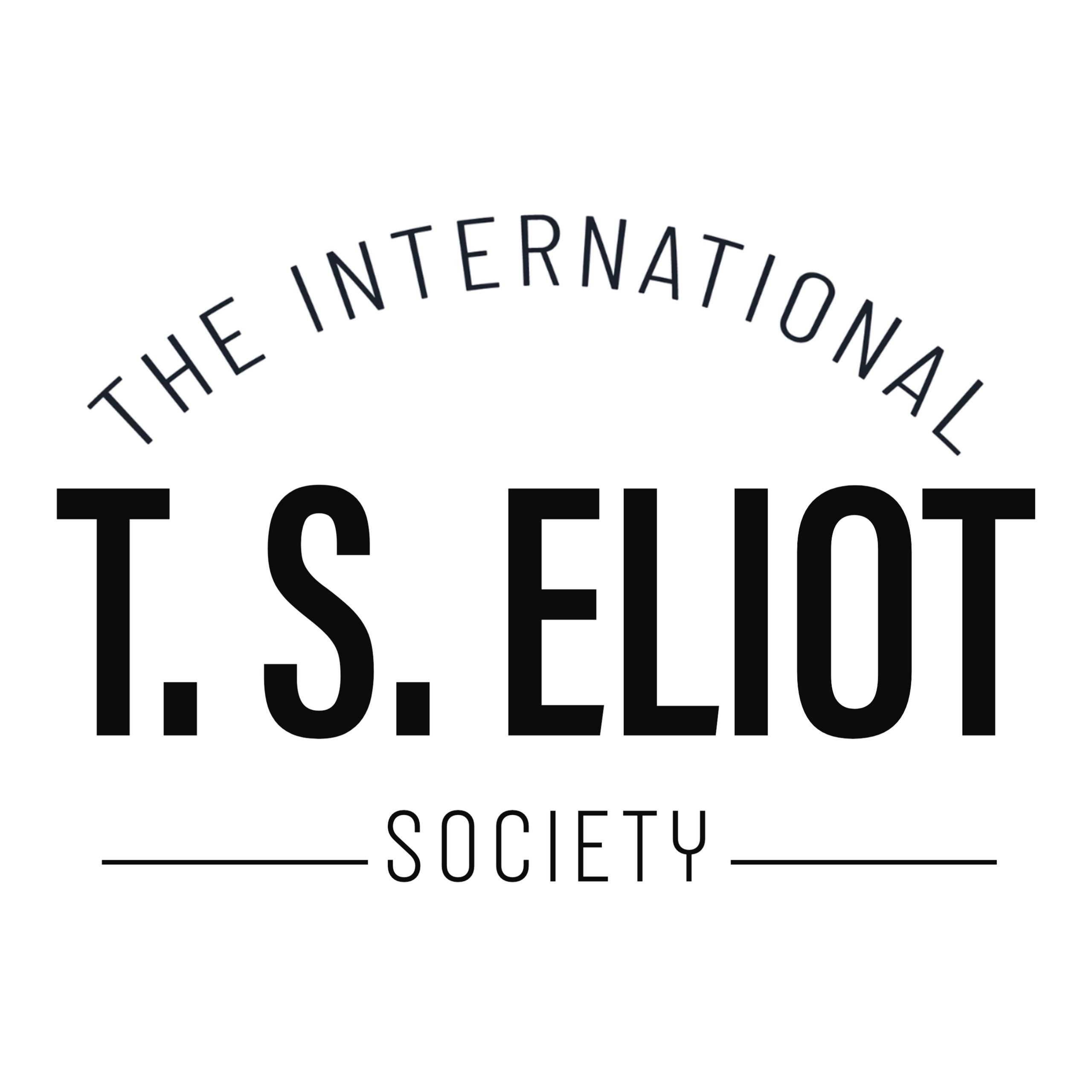After two years on COVID hiatus, the T. S. Eliot International Summer School returned in July, when 74 Eliot aficionados descended upon London for a week of lectures, seminars, day trips, and celebrations. This was the highest number of registrants in the summer school’s history, ranging from college freshmen to retirees and hailing from approximately 11 different countries. Based at Senate House at the University of London, the summer school has been led by director Tony Cuda since 2019. This year, the overwhelming mood of the week was a sense of gratitude for the chance to re-convene after the myriad disappointments and disruptions brought on by the pandemic, as well as a sense of energy sparked by all the exciting developments in Eliot studies.
The week was punctuated by visits to two sites significant to Eliot’s life and work: Little Gidding and Burnt Norton. On Sunday, July 10, the summer school joined the Little Gidding Festival to walk the grounds, hear remarks from luminaries like Lyndall Gordon and Mark Ford, and—perhaps most memorably—witness actor Simon Callow read The Waste Land in its entirety as well as Little Gidding itself. And the following weekend, the group returned to the coach buses to make the trip to Burnt Norton as guests of the Lord and Lady Harrowby, the estate’s current owners. Frances Dickey delivered the annual Burnt Norton lecture on the grounds, and the group gathered around the empty pools to listen to a recording of Eliot reading Burnt Norton. Picnic lunches at both sites created a sense of camaraderie among students and faculty, and hearing Eliot’s poems read at the very sites that inspired them made for lovely and thought-provoking afternoons at the beginning and end of the program.
Between these two countryside excursions was a busy but energizing interlude in London. The mornings were occupied by lectures from the summer school faculty and other distinguished scholars, and each afternoon, students dissipated into their chosen seminars for smaller-scale discussions of Eliot’s work. Seminar topics varied widely, from “Global Eliot” with Jahan Ramazani to “Eliot’s Women” with Megan Quigley to “Eliot and the Deed of Reading” with Sarah Kennedy. Frances Dickey led a seminar on Eliot’s early poems and criticism while Patrick Query focused on the later poems and criticism, and Leonard Diepeveen split the difference with a sustained look at “The Waste Land and Its Contexts.”
Evenings stayed busy as well, beginning on the opening night with the Inaugural Address from novelist Gabriel Josipovici, who talked about Eliot’s influence on his own writing. Later in the week, the summer school hosted a launch event for the second volume of Robert Crawford’s biography of Eliot, Eliot After the Waste Land, as well as a creative writing workshop with award-winning poet and Oxford professor Hannah Sullivan. Many summer school participants headed to Shakespeare’s Globe on Thursday night for a performance of King Lear starring Kathryn Hunter in the title role, and Friday night marked the annual London Library gala, with a reading from poet and translator Sasha Dugdale, shortlisted for the 2020 T. S. Eliot Prize.
The summer school wrapped up just one day before the U.K.’s record-breaking heat wave settled in, in a feat of good timing surely attributable to Tony Cuda’s meticulous planning. The chance to be in London and return to in-person exploration of Eliot’s work, alongside such a wide-ranging and friendly group, ensured that as the summer school wound down for the year, energy and excitement for continuing the conversations on Eliot was just winding up.

